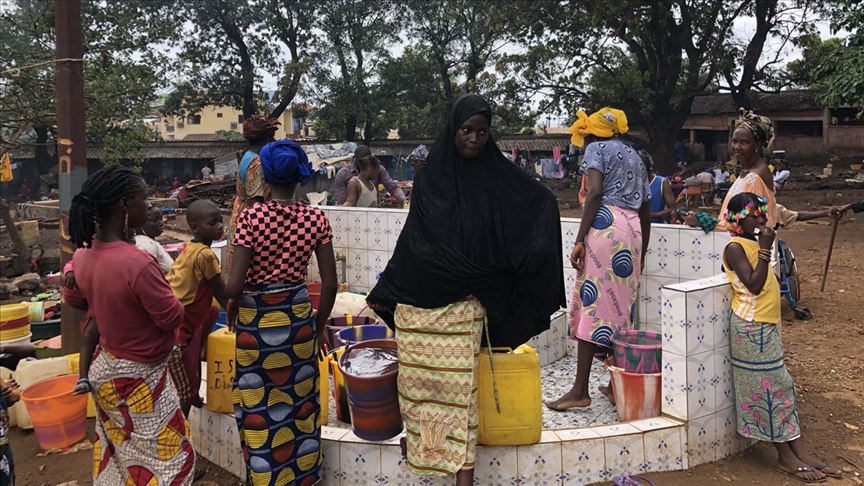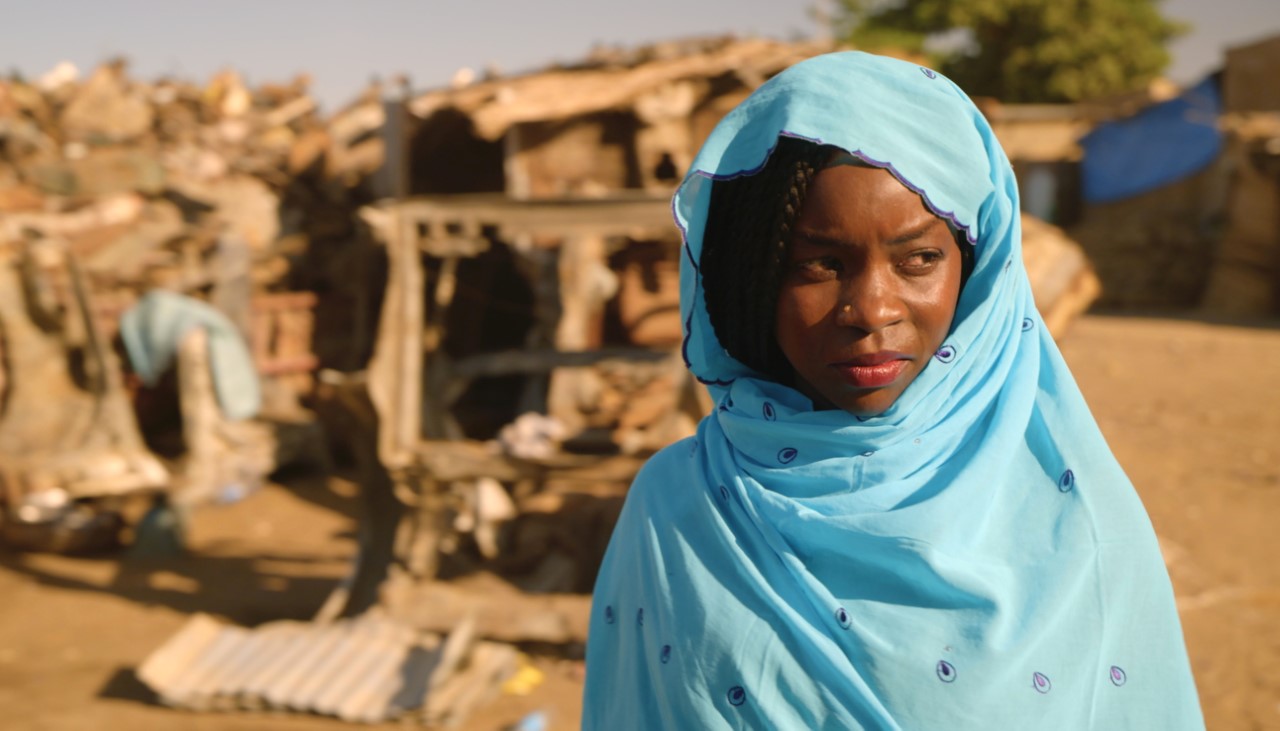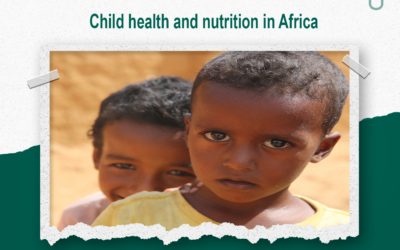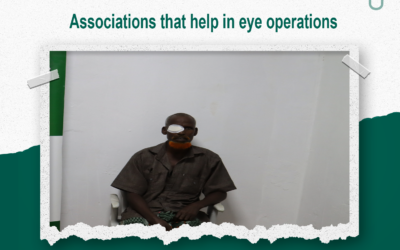In Africa, Women’s rights still face many challenges, and despite some progress that has been made, there are many regions that still lack equality between women and men. Women’s rights in Africa are influenced by cultural and social factors, legal and political challenges. However, there are ongoing efforts to promote women’s rights through international conventions, feminist organizations and activists. In this article we will discuss the situation of women’s rights in African countries, efforts to promote them and the challenges they face.
Regions of Africa and the realization of women’s rights
The regions of Africa are considered to be quite diverse in the realization of women’s rights. There are some countries that have made significant progress in empowering women and promoting their rights, such as Rwanda, Namibia and Tunisia. However, there are still other regions of the continent that lack gender equality and are experiencing significant challenges in achieving women’s rights. Improving women’s rights requires continuous efforts across the continent.
The status of women’s rights in African countries
Women’s rights in African countries vary according to the social, cultural and political situation in each country. Some countries have made remarkable progress in empowering women and promoting their rights, such as Rwanda, Namibia and Tunisia, where women are highly involved in political and economic leadership. However, there are still other countries with a significant disparity in gender equality, which necessitates constant efforts to achieve women’s rights in Africa.
Obstacles to women’s rights in Africa
Women’s rights in Africa face many obstacles that must be overcome. These constraints include cultural factors and social traditions that pose significant challenges to gender equality. In addition, there are legal and political challenges that hinder the realization of women’s rights, such as discriminatory legislation and the lack of female representation in the political and economic sphere. Achieving women’s rights in Africa requires confronting these obstacles and working to bring about real and comprehensive change.

Cultural factors and social traditions
Cultural factors and social traditions are among the most prominent obstacles to the realization of women’s rights in Africa. In many African societies, some ancient traditions adhere to the idea of the superiority of men over women and determine their role in societies. Also, in some cultures, gender roles are assigned gendered from childhood, which affects women’s autonomy and rights. Other influencing factors include deep-rooted societal values that support gender segregation and enhance the role of men at the expense of women. To achieve women’s rights in Africa, emphasis must be placed on changing these cultural factors and specific traditions to achieve gender equality and women’s empowerment in African societies.
Legal and political challenges
Women in Africa are experiencing legal and political challenges that limit their rights. Despite the existence of laws guaranteeing women’s rights, their implementation is a major challenge, due to the shortcomings in the mechanisms of implementation and control. Some countries also do not have effective laws to protect women’s rights. In addition, the lack of respect for women’s rights by political forces and society hinders the achievement of progress in this area. Therefore, addressing and overcoming these legal and political challenges is essential for the realization of women’s rights in Africa.
Efforts to achieve women’s rights in Africa
The continent of Africa is witnessing continuous efforts to achieve women’s rights. Many international conventions and legal frameworks have been adopted that promote and protect women’s rights. Feminist organizations and activists also play an important role in promoting women’s rights and raising awareness of their importance. These efforts are an important step on the way towards achieving gender equality in Africa.
International legal conventions and frameworks
International conventions and legal frameworks have promoted women’s rights in Africa. Among them are the convention on the elimination of all forms of discrimination against women and the convention on human rights. Important legal frameworks such as the decisions of the African Union and the Mboto protocol have also been adopted. African states are committed to implementing those conventions and frameworks to promote and protect women’s rights.

Feminist organizations and activists
Feminist organizations and activists in Africa play an important role in promoting women’s rights and combating sexual discrimination. They seek to make people and governments aware of the importance of women’s rights and ensure their protection. They also work to provide support and assistance to vulnerable and disadvantaged women and provide resources and opportunities to enhance their participation in political, economic and social work. Their role is fundamental in bringing about change and addressing the challenges facing women’s rights in Africa.
The realization of women’s rights in some African countries
In recent years, some progress has been made in promoting women’s rights in some countries of Africa. For example, in Rwanda, women are now an integral part of political life, occupying a significant percentage of seats in Parliament. In Tunisia, laws have been passed to protect women’s rights and combat sexual violence. However, there are still a lot of challenges and future improvements that need to be achieved.
Successes in achieving women’s rights
Some successes have been achieved in the realization of women’s rights in some countries of Africa. For example, in Rwanda, women now make up a significant proportion of seats in Parliament. In Tunisia, laws have been adopted to protect women’s rights and combat sexual violence. These actions promote the political and social participation of women in African societies.

Future challenges and improvements
Women’s rights in Africa face diverse challenges including discrimination, sexual violence and lack of political and economic participation. But there are future improvements aimed at achieving equal opportunities and gender equality. These improvements include increasing women’s participation in decision-making, enhancing awareness and securing legal protection for women. It also requires international efforts to cooperate, share experiences and exchange ideas to achieve women’s rights in Africa.
The role of women in the development of Africa
Women play a vital role in the development of Africa, as their empowerment leads to the promotion of sustainable development in societies. Women have unique skills and abilities that contribute to economic and social development, including agriculture, trade, education and health care. Women’s empowerment promotes gender equality and contributes to job creation and the development of societies in general. Governments and international organizations should work to strengthen the role of women in the development of Africa and provide them with appropriate support.
Women’s leadership in different sectors
Women in Africa are committed to taking leadership in various sectors, including politics, business, education, science and technology. The presence of women in leadership positions in these sectors highlights the importance of promoting development and achieving gender equality. There are many examples of capable women throughout the African continent, who contribute to progress and change in their societies and whose role is important in improving the economic and social situation in Africa.
AHAD Association carries out many projects to support women
Women empowerment and Community Development
Women have an important role in the development of societies in Africa. When women are empowered and given equal opportunities, they can make a significant contribution to achieving sustainable development. Women promote innovation and creativity, and work to build a prosperous future for communities through their participation in leadership, business, education, science and technology. Achieving gender equality and empowering women contribute to the development of societies and building a better economy for individuals and the entire nation.
Related articles:
What is the poorest country in Africa




